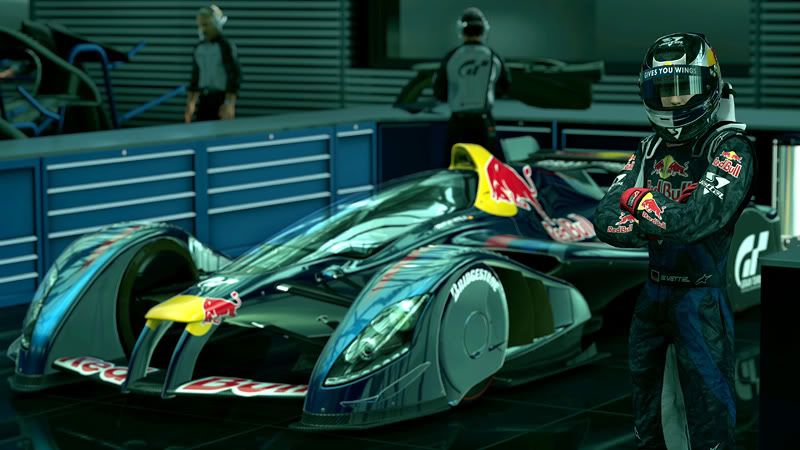Gran Turismo 5 release date confirmed! By Sean B.

So we recently heard some significant news involving the release of a prolonged project from Sony, one which was even deemed their own "Apollo space program" according to the president of Polyphony Digital Inc. I'm talking about Gran Turismo 5, finally announced to hit stores on November 24th, just in time for the holidays. Seriously, we've been hearing about this one for what feels like an eternity.
It's weird looking back at an era where two guys could design a hit title in their basement, publish it practically the next day and profit from that release over the course of a week. It's especially weird when you take a look at how things are now, where entire teams of artists, designers and software engineers will take months or years trying to design a smash hit title, that can still receive a minimal amount of reception from gamers, along with a review score of 80 percent or lower.
Many gamers can look at the situation and accuse developers of being "slow" or inconsiderate to fans, but we also need to realize how much technology has changed over the past two decades. We're in an era where single artists or tiny firms can no longer be credited with some of the most powerful games, but where developing a groundbreaking title really could be compared to something as large scale as a space program or medical research project. Yes, new games are projects. Sure, we'll have a couple of hit titles where excuses should be limited, especially when you look at past endeavors from the same studio, but some folks might need to wake up and realize how much of a process development has become.
Though also gazing on another side of the spectrum, are some of these "innovations" and "groundbreaking" features really necessary? Some gamers have also expressed their disinterest in newer additions they didn't even ask for, stating how passionate they are to see the same thing for a second, third or maybe even fourth time around. Take some of these "Neo Retro" titles for instance, how many of them have slipped away from a perfect score or even become ruined by some of these adjustments? Some classics were simply meant to stay that way -- classic, priceless and untouched by the hands of modern technology.
It's a slippery slope no matter which side you look down. Either way I think it's safe to assume there's one thing we can all agree on -- that an 80 percent score is still way better than a half-assed game rushed out to the market. So next time you're walking down the street, and you just happen to see a concept artist, sound engineer, level designer, software developer, quality control tester or anyone else from a game developing giant walking down that same path as you, be sure to give them a nice, hearty pat on the back and say "Thanks for not rushing my game and therefore ruining it."
 Articles
Articles 











Reader Comments